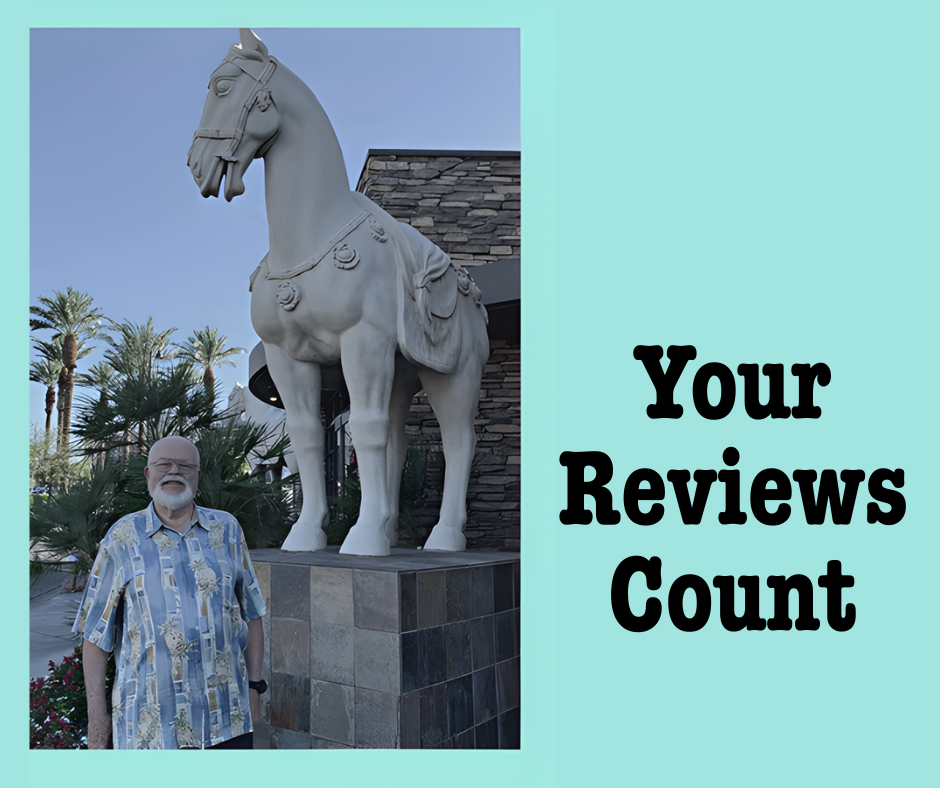
Books Needing Reviews
The following books do not yet have a review - help your fellow readers discover my works of fiction by sharing your experience.
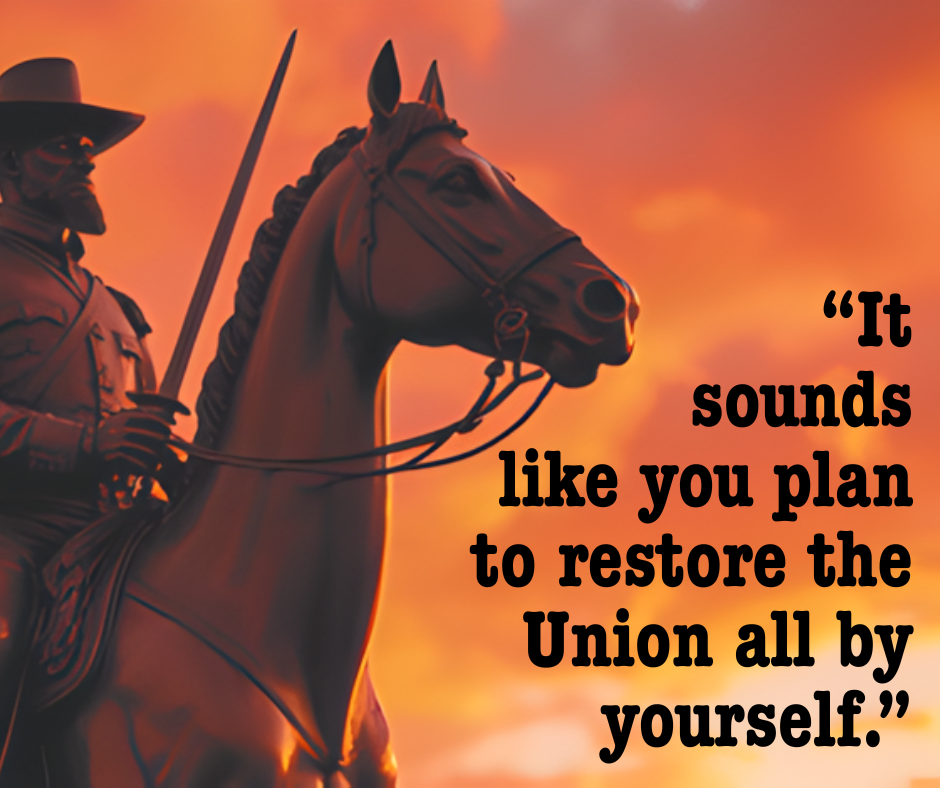
Another Excerpt from “Executive Justice” - Revised
What will happen in this contemporary novel pitting America’s red, blue, and neutral states against each other?
And is this a likely scenario or purely fiction?
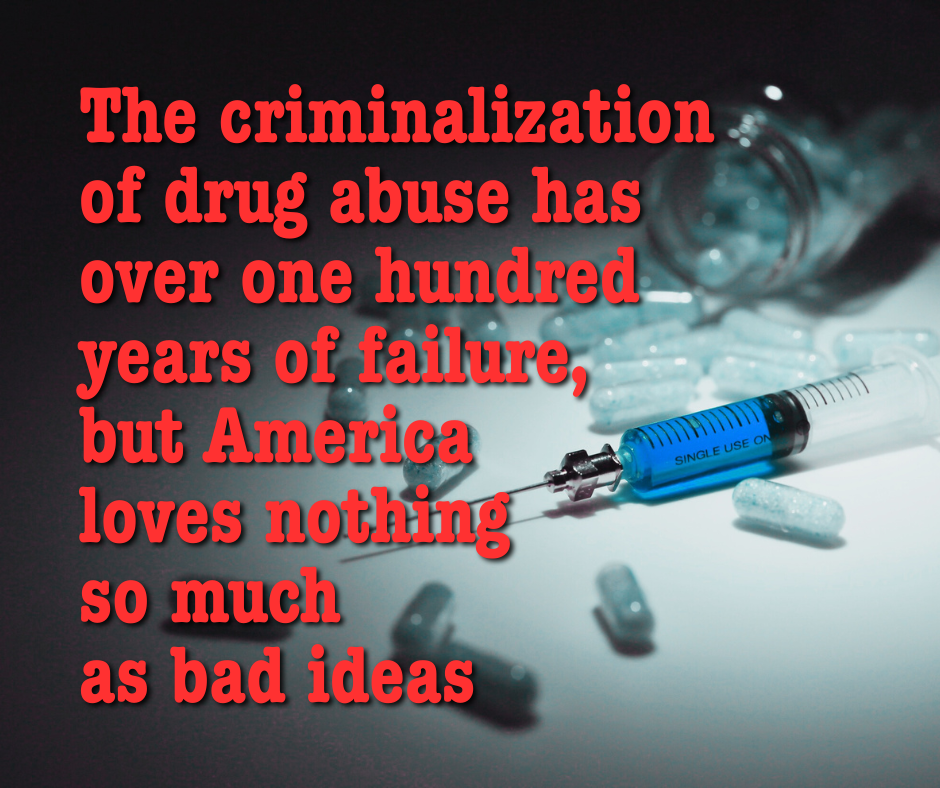
Thinking About Drug History
“There are four interest groups that will make sure our efforts are frustrated: First, law enforcement. Drug laws are a make-work project for police. (The marijuana laws were written to provide work for unemployed alcohol enforcement officers during the Depression). Secondly, politicians need non-voting scapegoats. Third, banquet circuit scientists, who (for a price) provide rationalizations for anti-drug laws. Fourth, the drug cartels’ profit margin flows from the risk premium on contraband drugs.” [Meyers 1967]

Wishing You The Best This New Years
I hope each of you has a joyful, safe and happy start to 2026!
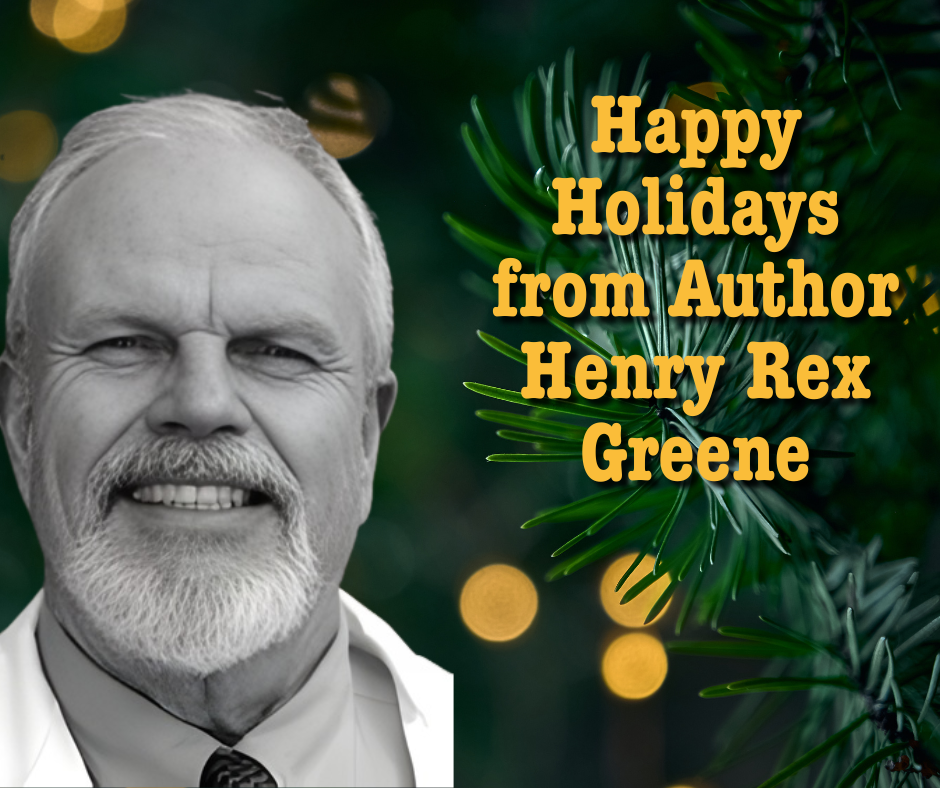
A Holiday Message To You All
Wishing each of you peace, joy and happiness this holiday season.

Another Excerpt From “Executive Justice”
At Trumps’ press conference he justified the invasion of Michigan using words like ‘provocation’ which don’t exist in his tiny vocabulary. He was especially harsh with Michigan’s governor, describing her in terms usually reserved for him, like “addled,” and “incompetent.”
“Stephen Miller wrote him a nice script. Evidently he doesn’t know how Germany started World War Two.”

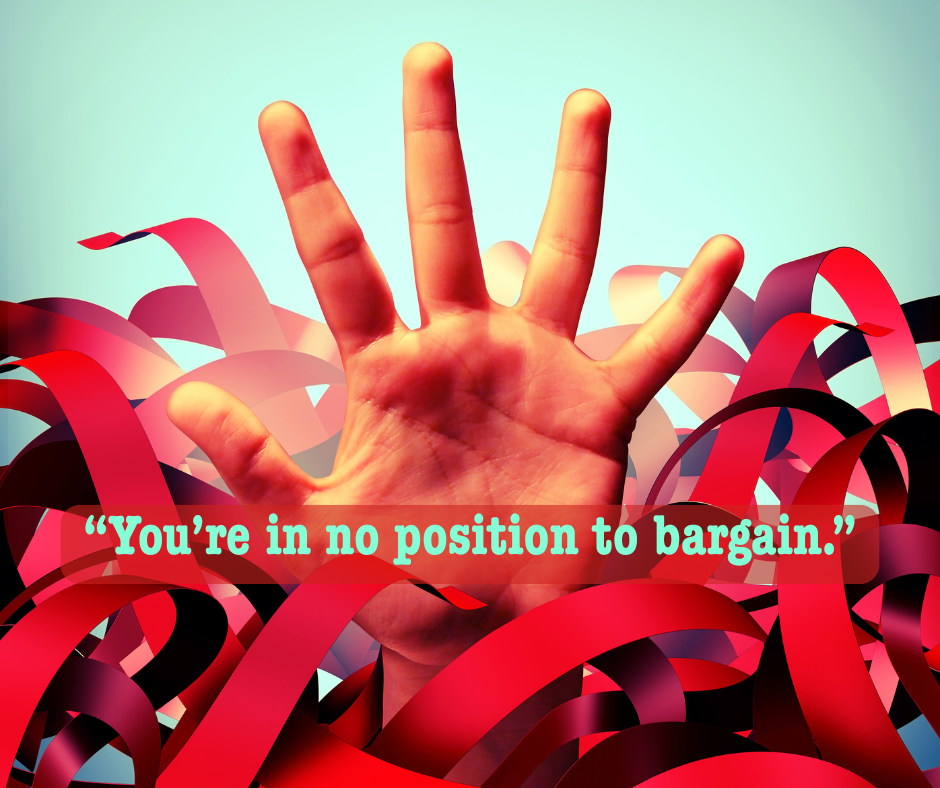
An Excerpt From “Executive Justice”
In 2025, the blue states of America secede, dividing the former United States into three countries: the Confederation. the Coalition, and the neutral (white) states.
Retired physician Cal Boyd and his wife Carol travel to Orlando, Florida, located within the Confederation. They’re looking for her son Charley, a CIA officer assigned to track the extortion racket created by the Russian partners of the Confederation.
The couple soon find they need help dealing with the new government and its hostile police. To them it feels like a version of the post-Civil War South, blended with McCarthyism. Their quest gets them imprisoned for espionage.
Cal and Carol’s friends, led by Horace Bascom, plot to free them. They succeed in rescuing Carol, but can’t liberate Cal, who is sentenced to be shot as a traitor.
As events unfold, the invasion of the white states by the Confederation leads to a United Nations intervention. The Confederation is overthrown, but there is still a lingering question: Will Cal survive?
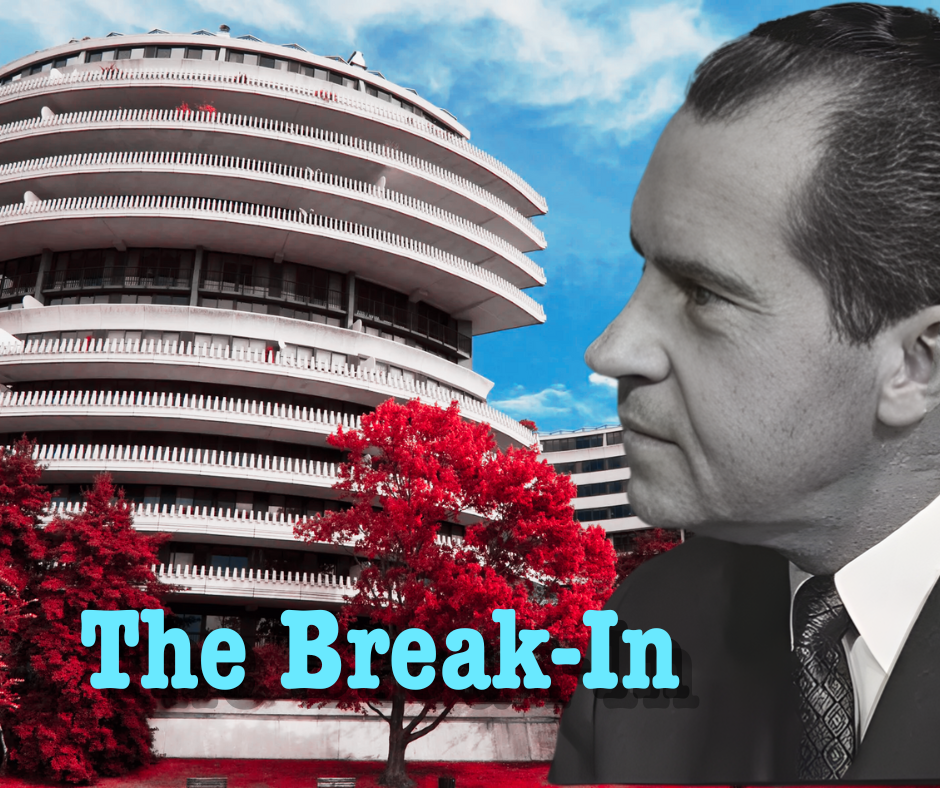
Another Excerpt from my newest, “Venoms”
In 1971, Max King is the new president of the Intern-Resident Association at LA County Hospital. A nurse there, Mary Francis, asks for his help following the mysterious disappearance of her husband, Mike, an infectious disease fellow and protégé of Franklin Delano Rousseau (FDR), a famous faculty member at USC who specializes in venomous snakes. Max agrees to help.
In this chapter, Max’s colleague tells him about the 1972 break-in at the Watergate Hotel, an effort by President Nixon’s campaign team to bug the phones at Democratic headquarters.


A Teaser of My Next Novel, Venoms
When asked to supervise the drug overdose service at his hospital, Max learns about heroin production in Thailand’s Golden Triangle. Wondering if this could be related to a colleague’s disappearance, Max contacts his former mentor on a summer project that researched heroin rehab.

an Excerpt From “Stone Mother”
The final installment of a medical trilogy, Stone Mother refers to the old Los Angeles County Hospital.
On entering residency training, a married couple carry their 1960s activism into the ‘70s. They struggle to balance overwhelming responsibilities with their ideals, attempting to reform the “system,” but ultimately it is their personal lives that suffer.

an Excerpt from “Thirteen Months a year”
Max and Jan King start their internships at LA county hospital at the end of the sixties. Max finds his way after four difficult years of medical school. Jan struggles with an abusive program. Max meets Abe Grant, an activist, the son of a communist and is drawn into far left politics. During the year conditions become untenable at the hospital. The young physicians on the internal medicine service hold a heal in protesting sub-standard care. In the end the establishment resident who chairs the Intern-Resident association co-opts them and wheedles a pay raise for everyone that takes the steam out of their activism. At the end of the year Max becomes chair of the activist group and learns that their pay raise came out of the hospital's clinical budget and has put them right back in the same mess.
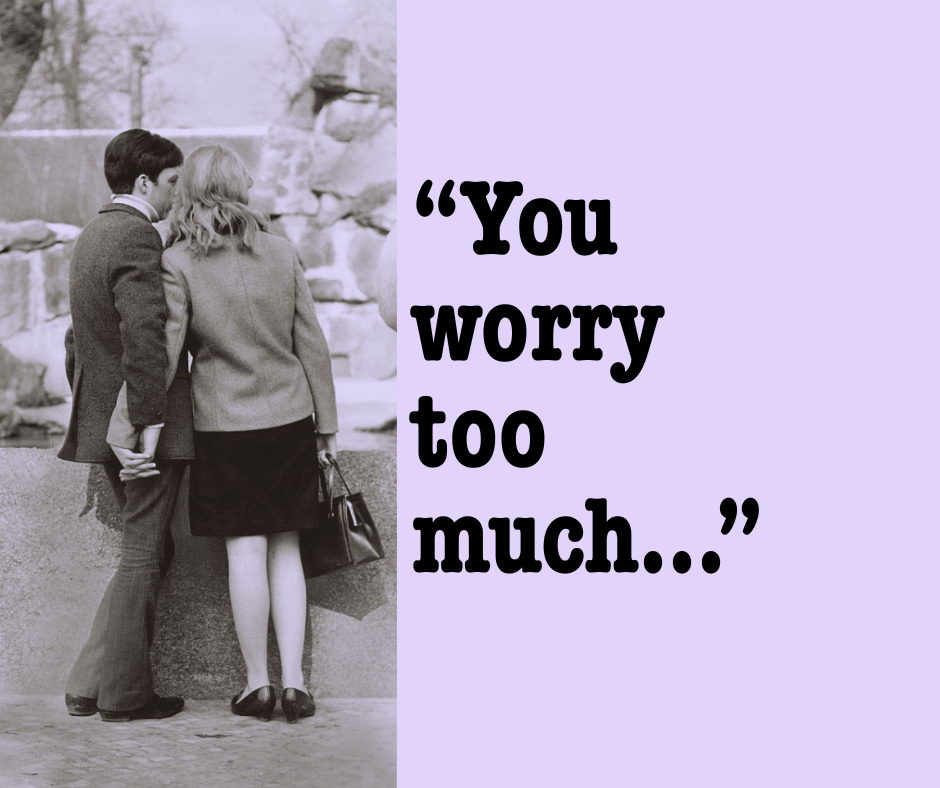
An Excerpt from ‘The Class of 1969"‘
It is 1965, and the Watts Riots have just ended when newlyweds Max and Jan King enter medical school. As Max and Jan converge with other students in the Los Angeles County medical complex, neither has any idea that their foray into the world of medicine is about to test their inner strength, perseverance, and activist views in more ways than they ever could have imagined.
While civil unrest hangs over the country like a dark cloud, Max and Jan immerse themselves in their freshman year surrounded by cadavers, demanding professors, and chemistry labs. But the challenges of school soon threaten their happiness as a couple, unearthing a trove of doubt for Max, who is tempted to cheat not only in his marriage, but also on his exams. As Max grapples with an overwhelming fear of failure and the prospect of years of mind-numbing toil, he secretly wonders if the pursuit of prestige, affluence, and social status is really worth it after all.

An Excerpt from ‘The Bookmen’
The summer of 1965 is a pivotal time in American history. As the Vietnam War expands toward its ultimate heavy American involvement, the Watts Riots presage the urban unrest of the late 1960s.
This insightful novel follows newlywed couple Max and Jan King, who have just graduated college and are both preparing to start med school at MCLA, a former osteopathic college in East Los Angeles. Max returns to his summer job selling encyclopedias door-to-door, while Jan works in the school’s lab.
Max’s long work hours create a gap in the couple’s previous 24/7 harmonious relationship, which becomes strained due to their incompatible work times. He hangs out a lot with his friend, Art Burton, a brainy Stanford pre-law graduate, who has encyclopedic knowledge of current events and warns about America’s creep toward a full commitment fighting in Vietnam. Max is also exposed to the enticement of drug use and the free love era. This story is truly A Requiem for the Sixties.
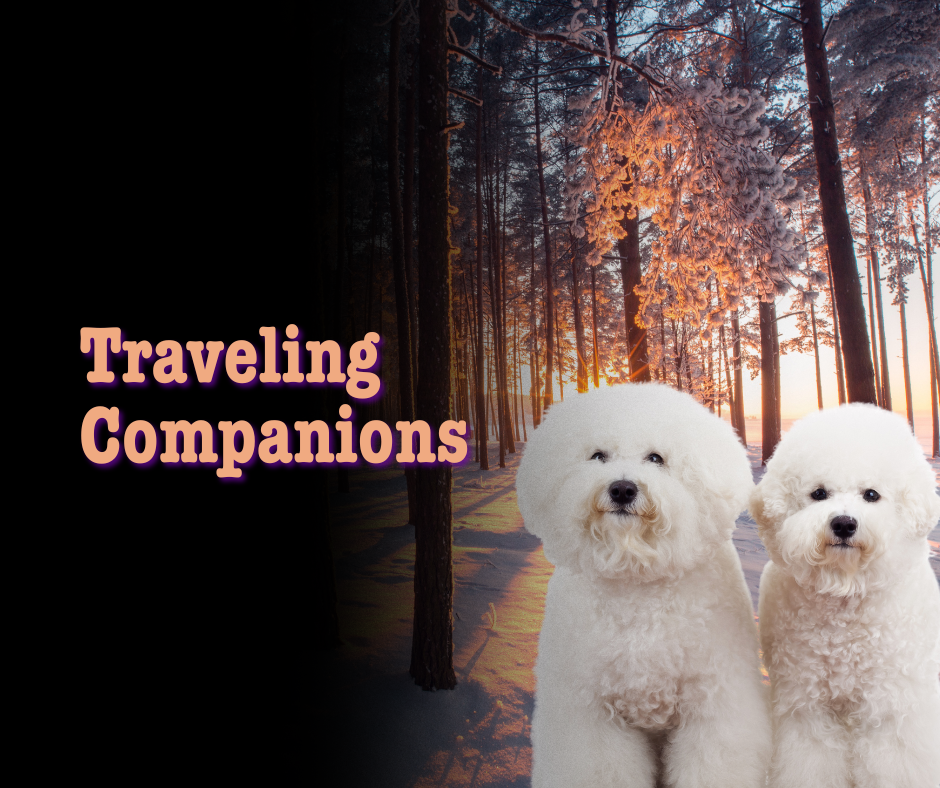
An Excerpt from ‘The Drug Dealer’
Who better to write a medical drama than a physician? Semi-retired doctor and author Henry Rex Greene once again delves into the medical world in The Drug Dealer.
After leaving a wonderful career in California, Dr. Max King undergoes quite an odyssey, leading to a job in Ohio with Dr. Kumar, an oncologist who is secretly selling drugs to local high school students. Max’s poignant new experiences include creating a palliative care program. Providing this end-of-life care to patients motivates him to obtain board certification in his great passion, hospice and palliative medicine.
Max’s new employer ends up losing his medical license and blames Max. After firing Max, Dr. Kumar then rehires him out of desperation. Max and another physician try to help Dr. Kumar with his rehabilitation, but he remains in denial and ends up an alcoholic.
This timely story about drug use, greed, and their connection to healthcare makes for an exciting read.

An Excerpt from Marlene
Teenager Marlene Vaughan’s mother Gertrude was murdered in 1953. They lived in Baldwin Park, in the central San Gabriel Valley of Los Angeles County. Gertrude was abducted from a bar in El Monte and found dead in Azusa. The case was never solved.
Four years later, Marlene obtains a lead on the killers, learning that they have returned to Los Angeles. She reconnects with her old friend Robby, and asks him to help her solve the crime because “he’s the smartest boy she ever knew.”
Robby recruits a team to work on the crime, including his stepmother, Clara, and his youngest uncle, Melvin. They form a picture of two itinerant salesmen who periodically visit L.A. and frequent the Silver Dollar Saloon in El Monte, where Gertrude disappeared.
The amateur detectives put the clues together and suspect that there are two killers, both World War II veterans, one with anger issues caused by a war injury, and the other a passive sidekick.
This complex murder mystery is a sequel to the author’s book Life Could Be a Dream, and provides an intimate glimpse into life in Southern California in the 1950s.
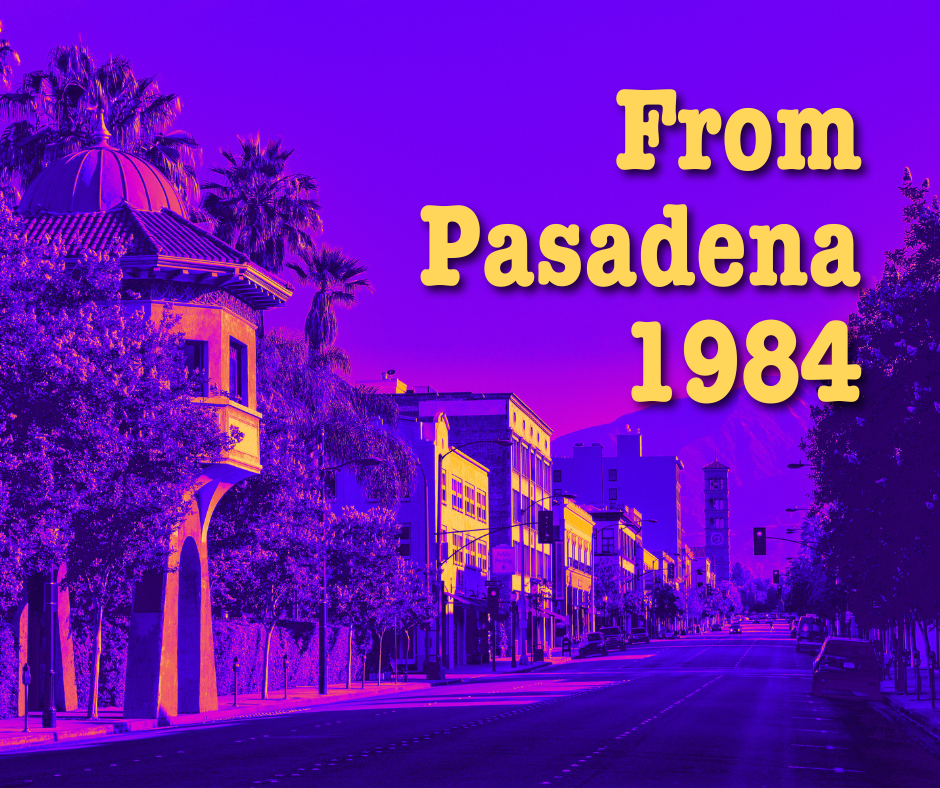
An Excerpt from Pasadena 1984
An excerpt from Pasadena 1984: The Best and Worst of Times by Henry Rex Greene
New Year’s 1984 brings big changes for 40-year-old Jerry O’Donnell. After a messy divorce, he quits his job as a teacher at Muir High School in Pasadena, California, to become a stockbroker.
When he leases a car, he meets his fiancée, Kate Cleary. The two buy a small home and have ambitious plans for the future. It is then that the AIDS epidemic raises its ugly head. After a gay friend dies of AIDS, his lover, a retired doctor, asks Jerry, the fledgling stockbroker, to help earn money for AIDS victims, but they experience strong resistance.
The remaking of Los Angeles for the Summer Olympics is a high point of the year. Jerry’s favorite baseball team, the Chicago Cubs, comes painfully close to making the World Series. At the same time, President Ronald Reagan remains silent in the face of the AIDS epidemic. He cuts taxes on the rich, causing the federal debt to soar. Kate worries about the collapse of the savings and loan industry.
Jerry becomes disillusioned with his company’s economic philosophy of “churn and burn,” selling marginal equities. When President Reagan wins an electoral landslide, it sets America’s course for the next four decades. His neglect of the AIDS epidemic motivates Jerry to apply to grad school in Public Policy.
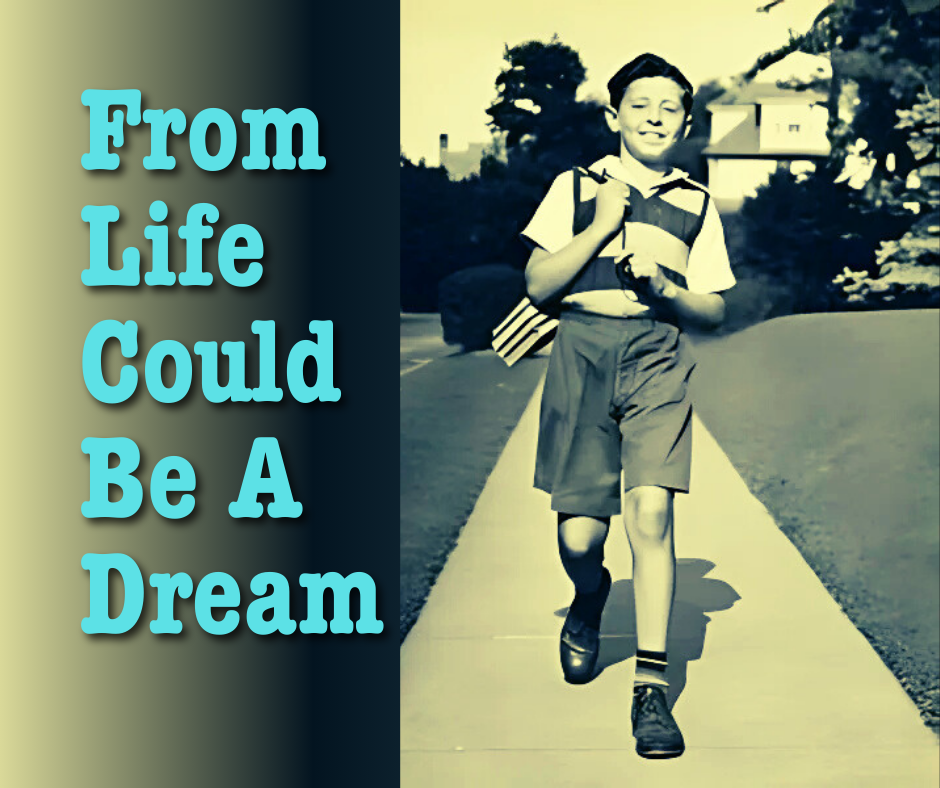
An Excerpt from “Life Could Be A Dream”
The summer of 1954 begins a pivotal year in nine-year-old Robby Barnaby’s life. On the last day of school, he breaks his arm sliding into home plate while playing for the fifth graders in an all-star game against the sixth graders.
Baseball is his passion, and Robby excels at it, though he is younger than his classmates. He lives in a new suburb of Los Angeles called Watertown, an idyllic childhood spot with open fields and well-equipped schoolyards.
He and his older brother Cyrus are entrepreneurs, trading coins and selling newspapers. In addition, he works for his teacher, Miss Oliver. He has two younger brothers, six-year-old Stanley, who is frail and sickly, and Glyndon, who turns four in December.
On their annual vacation on Balboa Island, he learns his family is moving to a city across L.A. that offers little for kids to do. Before the move, his mother dies from surgery, leaving him in the care of his abusive father.
Everything in life has become so unreal that Robby dreams of his dead mother. Miss Oliver offers to adopt him, but his father refuses. His new home is a chicken ranch in Orcutt Park, a town with no baseball and a brutal junior high. Robby and Cyrus are miserable, and their younger brothers are lost without their mom. What will happen to these boys?
Learn more by reading Chapter 10 here:

Executive Justice, Re-Animated
I have revised my third (final) novel in the Executive series to reflect the dismal aftermath of Trump’s re-election. The premise of my first version was that America broke up due to red state secession after his defeat. In this one I reverse the script.